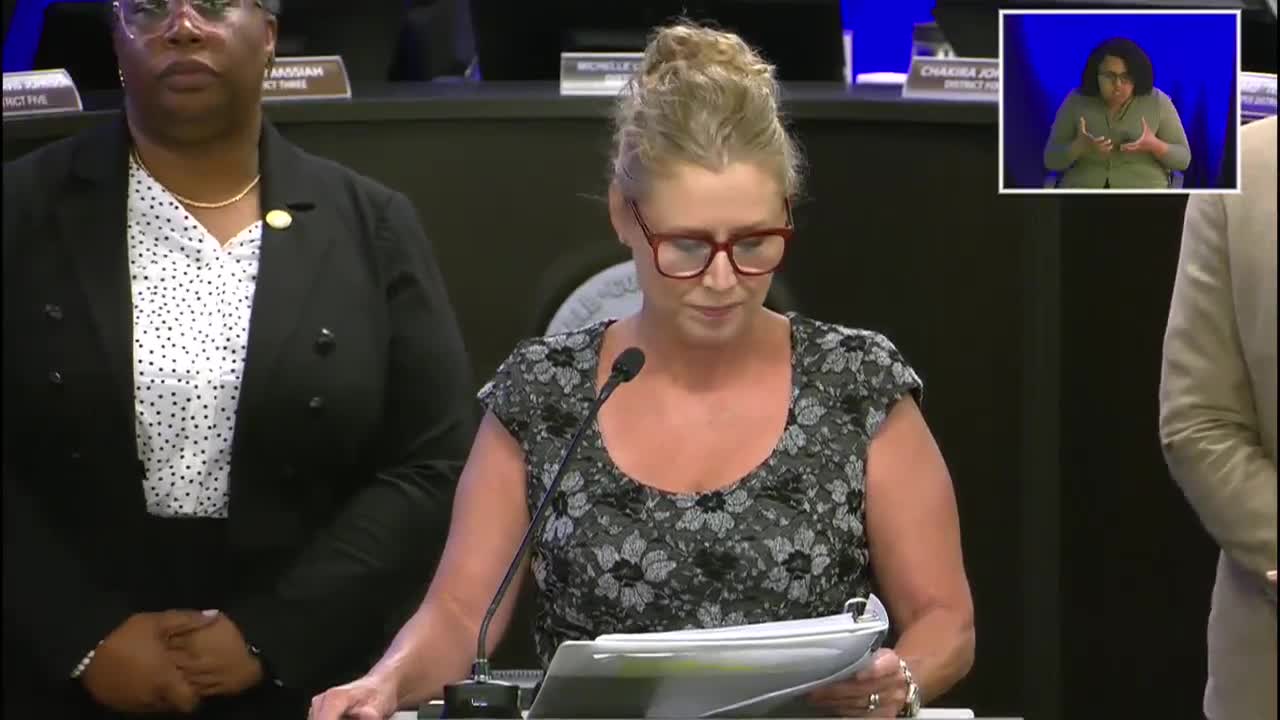Article not found
This article is no longer available. But don't worry—we've gathered other articles that discuss the same topic.
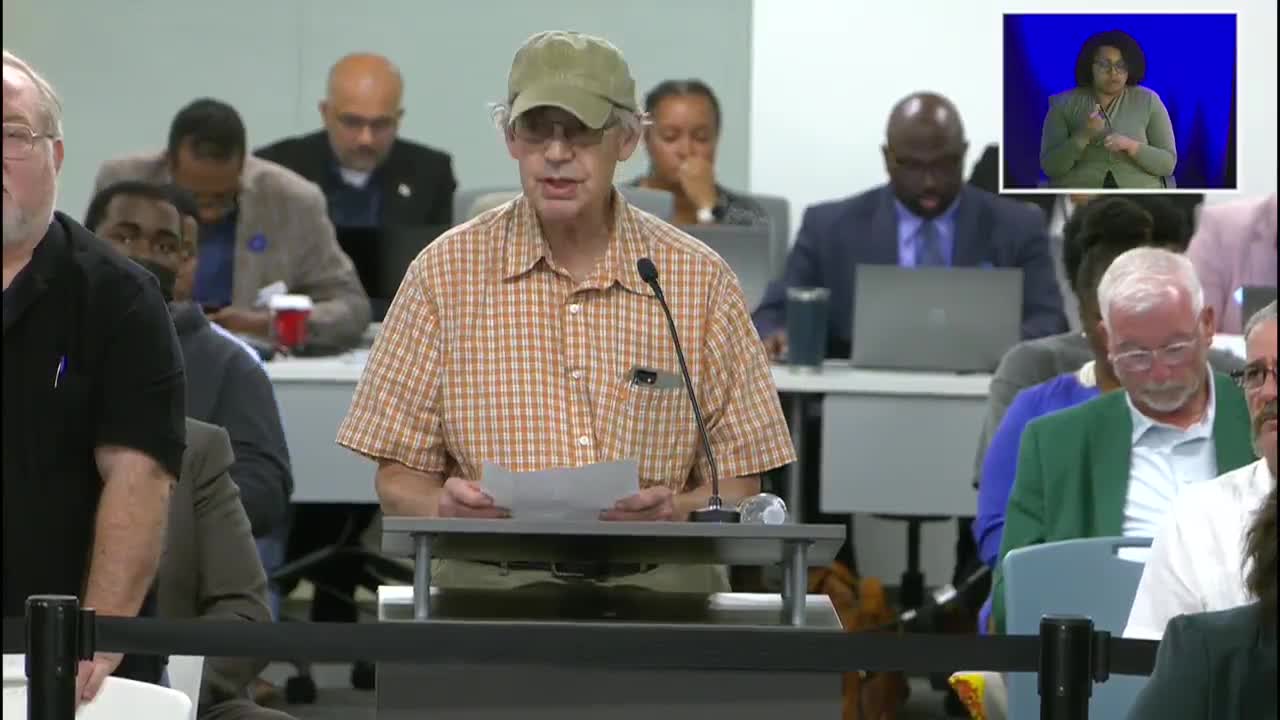
Votes at a glance: key DeKalb County Board actions, June meeting
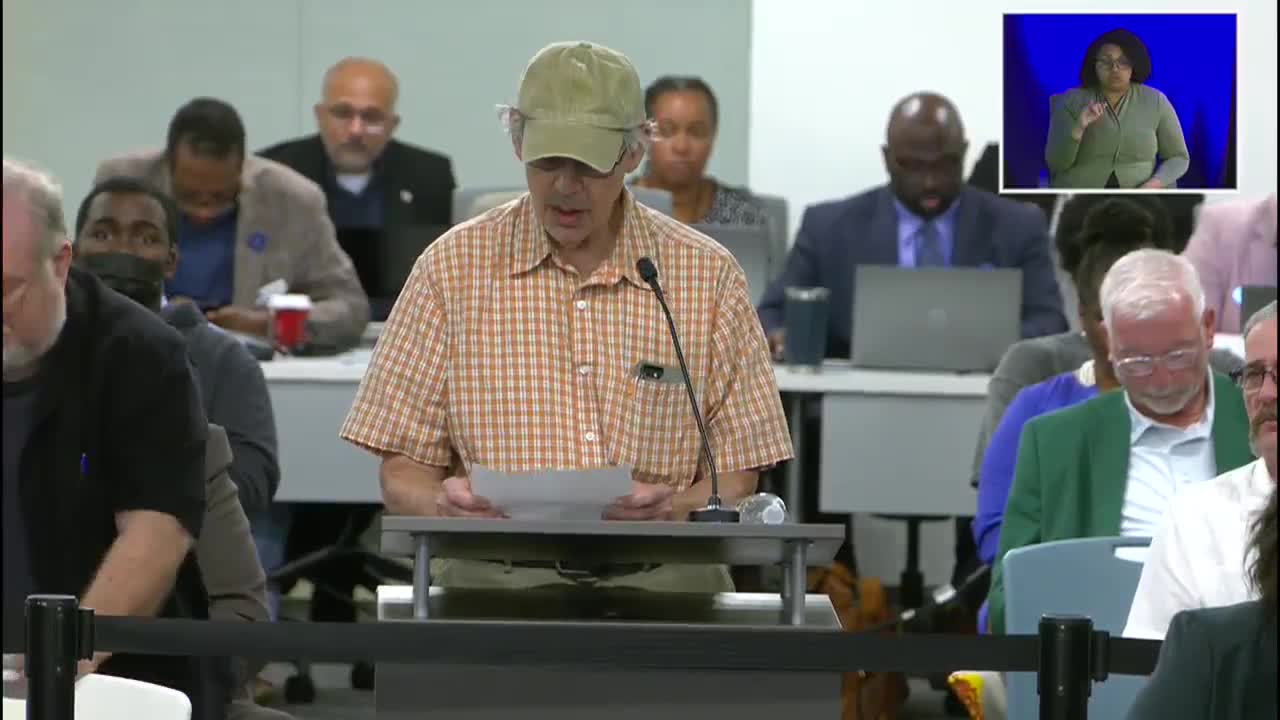
Public commenters raise threats to Entrenchment Creek Park, water billing and neighborhood infrastructure concerns
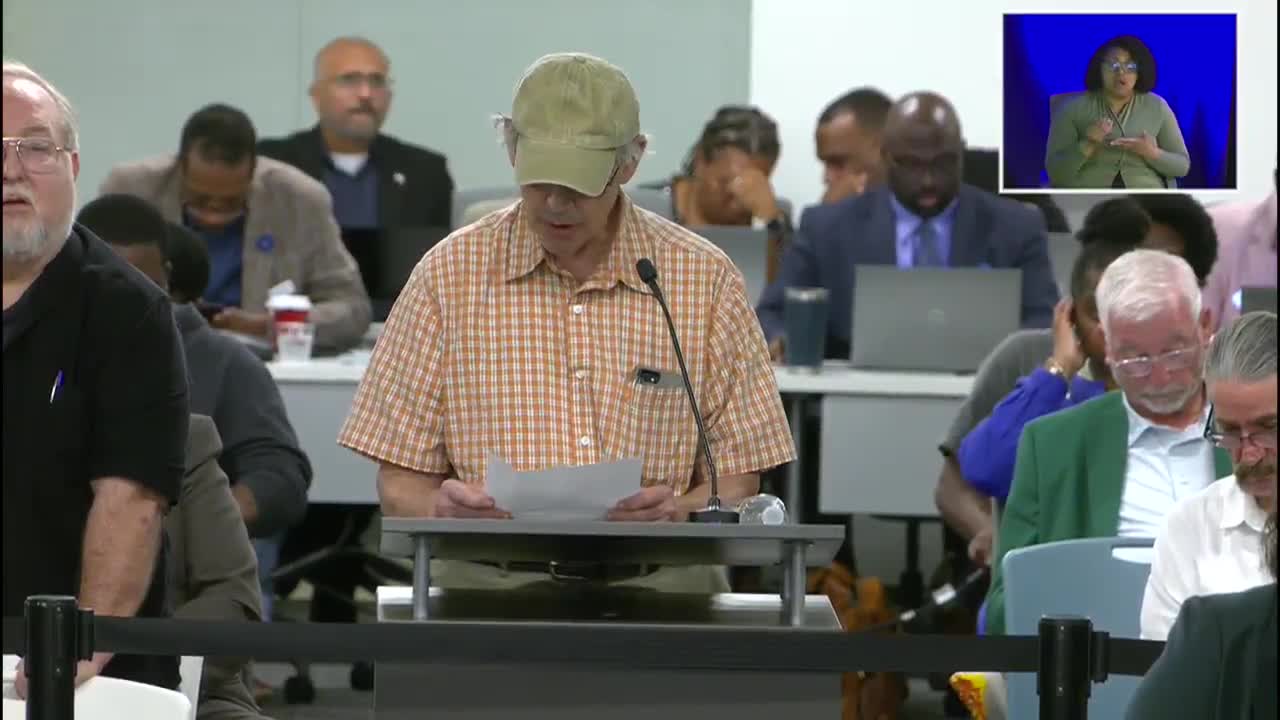
Board denies alcohol‑outlet permit for Shallowford Road grocery after neighborhood concerns
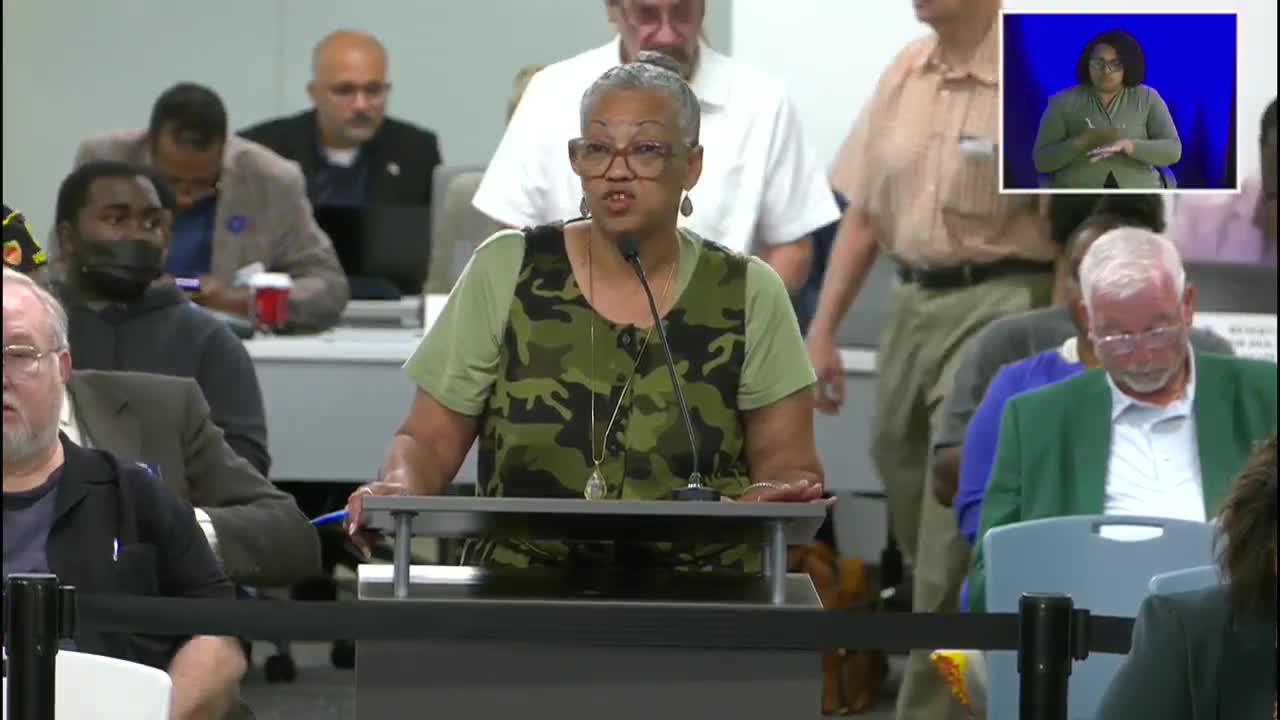
Commission approves ready‑mix facility permit on Fayetteville Road with 17 conditions
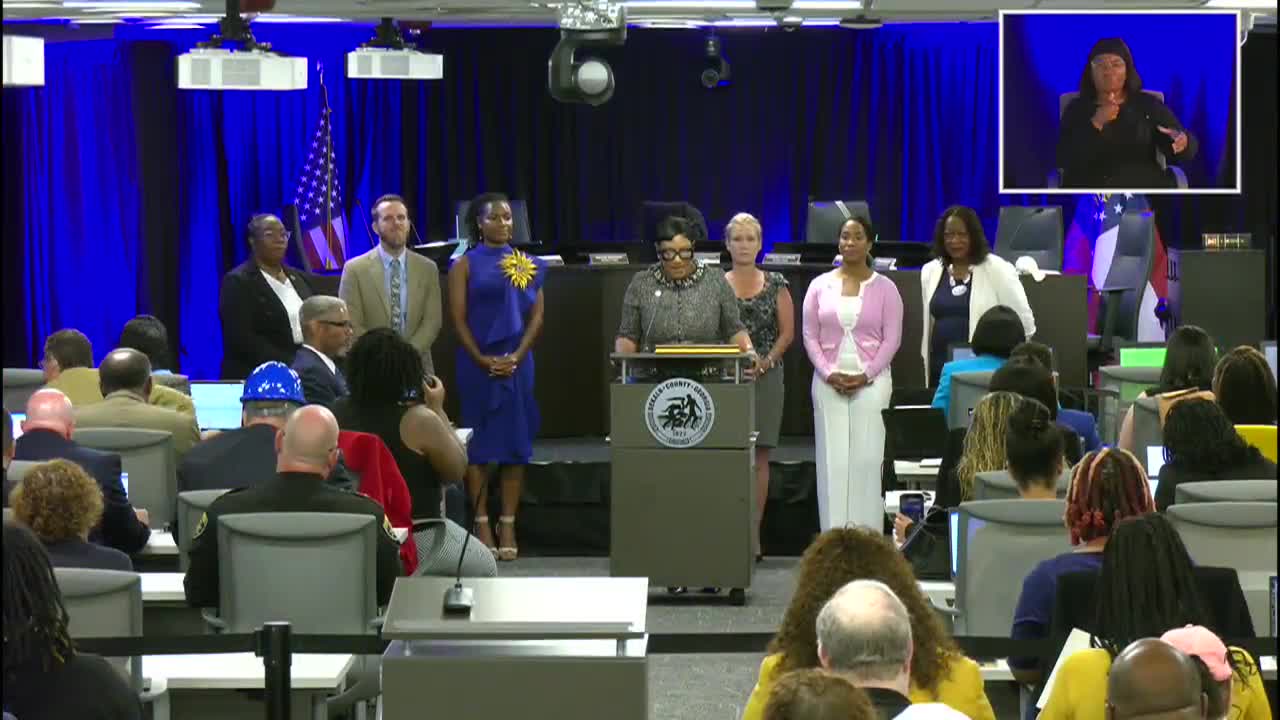
DeKalb proclaims Public Works Month; Public Works Department wins APWA accreditation
